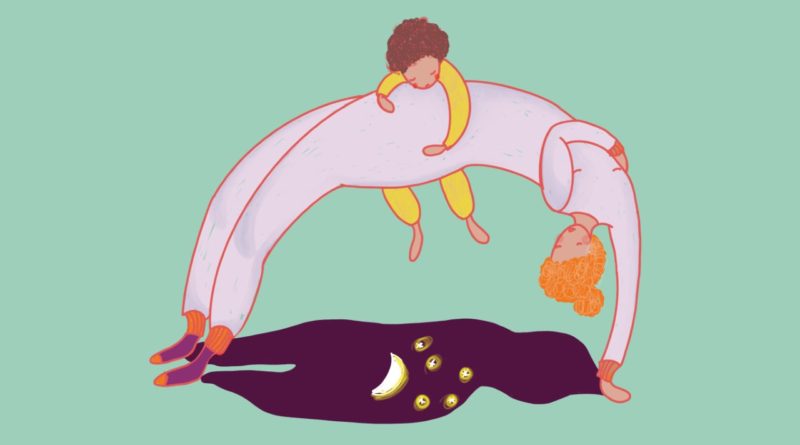Reflecting Our Fears
Resilience can help us overcome difficulties in life in a confident and calm way and encourage a positive mindframe. Every one of us is born with the seed of resilience; hands-on experience can help it grow.
The famous adage, “Tell me and I forget; teach me and I remember; involve me and I learn” also applies to our children’s learning process regarding their own resilience (and to all learning processes in life). When our children can observe, reflect, take decisions and act independently and freely, they are learning not only the laws of the physical world and how social structures work, but also who they are: their interests, their inspirations and desires, their fears and vulnerabilities, their virtues and skills, and yes, their resilience.
Our offspring miss out on opportunities to experience and train their resilience when we overprotect them, which we usually do out of irrational fear. One of the struggles we experience when parenting is dealing with our irrational thoughts and actions. They continually pop up in verbal and physical interactions with our children. Many things in parenting trigger our irrational selves. How many times have we found ourselves saying things we have not thought through, or expressing anger when reacting to minor behaviour slips?
Resilience does not mean not having fears, it means being able to acknowledge them, getting to know their dynamics and not letting them interfere with our decision-making and our actions. When we offer our children opportunities to deal with challenges, risks and “negative” experiences (not traumatic), they are putting their resilience skills into practice. And when they overcome these situations by themselves, they experience a boost in self-esteem. Children are highly capable of learning and problem-solving when they are in a loving and stimulating environment.
In a loving environment a child receives respect, comprehension, acceptance, forgiveness, patience, tenderness, the truth, and non-aggressive communication. In a stimulating environment a child receives encouragement, freedom to take decisions, a non-infantilized treatment, opportunities to experiment and discover and have hands-on experiences using body and mind, and possibilities of socializing.
A summer day scene: A child in the river. He is thrilled with the water, the pebbles, the algae, the fish and crabs, the trees and climbing and jumping on the rocks. This can be dangerous: if he loses his grip or slips he can get hurt. So the parents’ reactions could be: “Stay here, don’t go near the rocks, you will fall and get badly hurt!” or “Hey, I feel very scared when I see you playing on the rocks alone, could you please play on this sandy bit or can I hold you while you are climbing and jumping on the rocks?” or “Darling, concentrate while you are playing on the rocks because if you fall you could get hurt, I will stand near you in case you need help.” Or the parent could observe in silence, ready to help if necessary. Different approaches have different consequences for the child. From lacking opportunities to learn through experience and body movement to learning how to deal with the world without parents transferring their own fears to the child.
Having a fever can be painful. Meeting new people can be scary. Quarreling with a friend doesn’t feel nice. Recognizing and saying out loud our own mistakes or the truth can be tricky. Knowing that our grandparent is suffering from an illness or is dying can be very sad. Walking with our friends to school without an adult is challenging. All of these feelings, commonly known as “negative emotions,” are an essential part of life experience. We learn and mature when we can experience them fully and can meditate on them.
A last thought: Love is about trusting and embracing life. This is a great gift we can give our sons and daughters. I recommend a mindful approach to life, observing before acting and disconnecting as much as possible from great distractors (yes, I am talking about mobile phones), especially when kids are around.
By Sara Goti Jackson
Sara works as a childhood and sexuality psychotherapist, she uses both movement and dance as an educational and therapeutic tool. She lives in Seltisberg with her husband, two lively daughters and two loving cats, they all amaze her every day! To learn more, visit her website.
Illustration by Laura Munteanu
Laura is a Zurich-based illustrator and mother of a teenage daughter. She enjoys writing poetry and short stories, and often asks her husband to proofread them. You can see her going for her daily walks in the nearby forest, though she would sometimes prefer the colourful streets of District 4. You can find Laura on Instagram here: @inthecompanyofhumans




